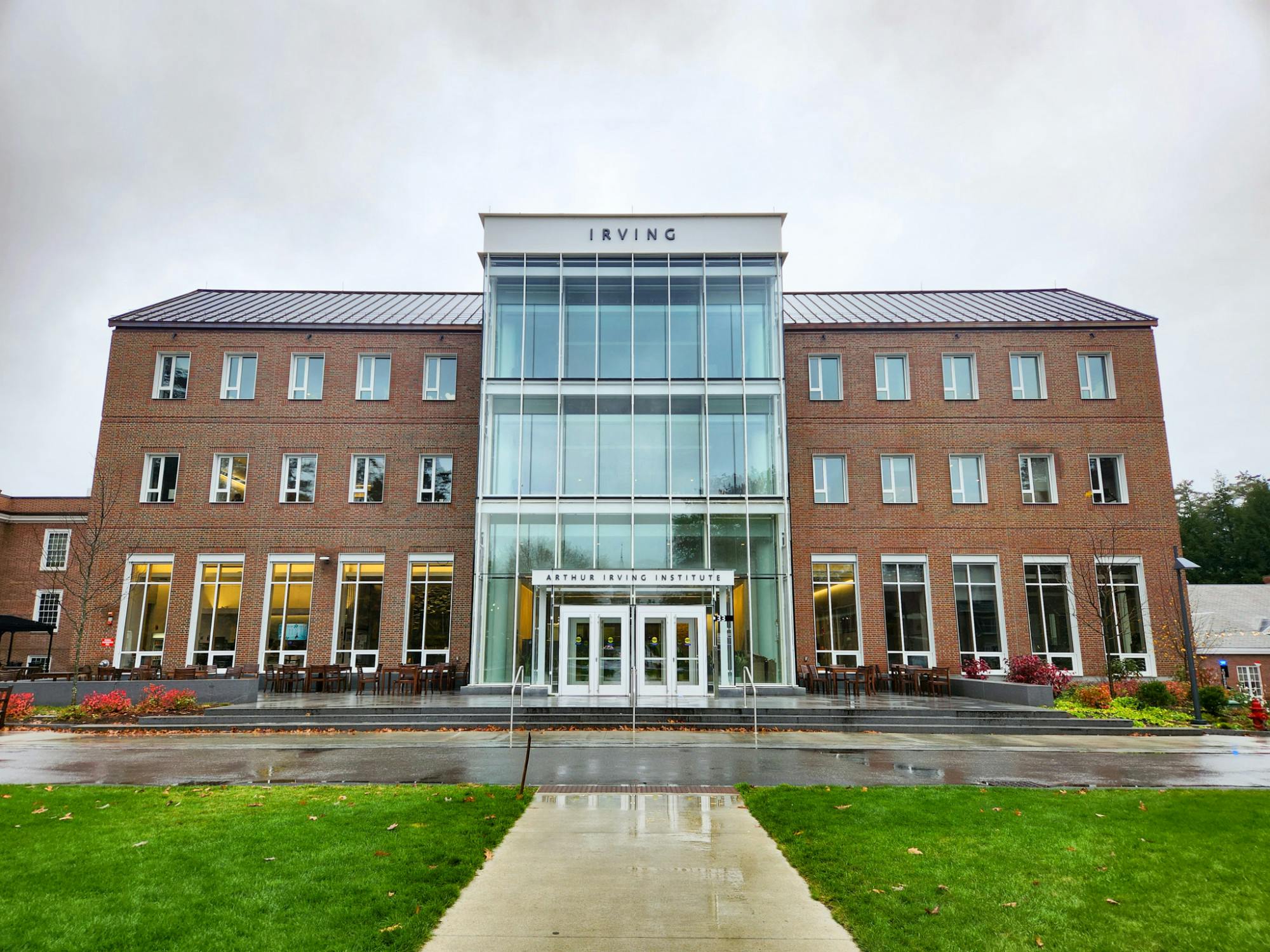In early December, the College announced that it joined the AI Alliance as a founding member. The AI Alliance partners Dartmouth — which hosted the conference that first coined the term artificial intelligence in 1956 — with leaders in government, higher education and technology.
The alliance’s website states it aims to “accelerate open innovation across the AI technology landscape that responsibly benefits people and society everywhere.” According to Provost David Kotz ’86, the early work of the alliance has focused on formalizing partnerships between alliance members.
“An alliance is a set of organizations that agree in some way to work together, so there needs to be some formalism around that,” Kotz said. “What are we actually doing when we’re working together? What are the rights and responsibilities of every member of the group?”
The alliance aims to eventually “identify … interest areas” in which partners can collaborate on and research, according to engineering professor George Cybenko.
Dartmouth received an invitation to join the AI Alliance after IBM Open-Source Science Community Director and former Dartmouth researcher Alexy Khrabrov reached out to Cybenko and shared IBM’s effort to “build a network of scientists to tab open-source software that accelerates science,” Cybenko said. Kotz said that the administration reviewed the invitation and agreed that the alliance would be a “good opportunity for Dartmouth.”
“AI is a rapidly evolving field,” Kotz said. “[It is] very exciting but also bringing lots of interesting challenges in both the technical space and in the … societal space. I think it’s important for Dartmouth to be engaged with all of those issues, and in order to do that, I think we need to be at the table talking with [and] working with the tech industry that is developing many of these tools.”
Cybenko emphasized the material resources that alliance partners such as IBM and Meta bring to AI research at Dartmouth. According to Cybenko, academic research at institutions such as Dartmouth “cannot compete [with companies] because the resources required are so huge.”
“A lot of the cutting edge is happening in companies because of their ability to put a lot of money towards it very quickly,” Cybenko said. “Companies may not have the [people to conduct research]… and university people don’t have the resources that some of these companies have. So it’s synergistic.”
The research of Dartmouth’s Center for Precision Health and Artificial Intelligence — which applies AI and machine learning models to precision health — will benefit from the range of partners in the alliance, according to CPHAI director Saeed Hassanpour. Hassanpour said that the “critical partnership between academia and industry that advocates for development and sharing open AI technologies,” will better inform the effectiveness of CPHAI’s interdisciplinary work.
“This partnership can mean having different expertise and different stakeholders to help come up with … a set of comprehensive metrics for measuring the success of these models in healthcare and also point out the shortcomings and limitations of these methods so they can be used more effectively,” Hassanpour said.
According to Hassanpour, the partnerships of the AI Alliance will also provide the CPHAI more “access to diverse data that comes from people from different backgrounds, ethnicities [and] races” that can be used to build “more generalizable models” in healthcare.
“We try to make sure that [the biases of these models] are being mitigated,” Hassanpour said. “This is a collaborative approach both from the technological point of perspective … and the evaluation perspective to make sure that [the CPHAI] can provide a more fair technology.”
The AI Alliance will also bring additional opportunities for students at Dartmouth to connect with technology companies and access internships and research, Cybenko said.
“A lot of things depend on networks of people,” Cybenko said. “You can sort of find a community of people, maybe in both academics and in companies, that are interested in the same research areas and combine your insights and leverage resources.”
Kotz added that the research opportunities opened to Dartmouth faculty will “involve undergrad and grad students in some way.” He also expressed hope that the missions of the AI Alliance would bring more awareness about the rapid development of AI and enable the Dartmouth community to make an impact on the field.
“I’m hopeful that [the AI Alliance] will help Dartmouth faculty and students to have opportunities to be aware of what’s happening in the technology world, including the challenges that it’s posing right as the technology evolves and gets applied in new ways,” Kotz said. “And perhaps to have a voice in some of those conversations.”
Kelsey Wang is a reporter and editor for The Dartmouth from the greater Seattle area, majoring in history and government. Outside of The D, she likes to crochet, do jigsaw puzzles and paint.




